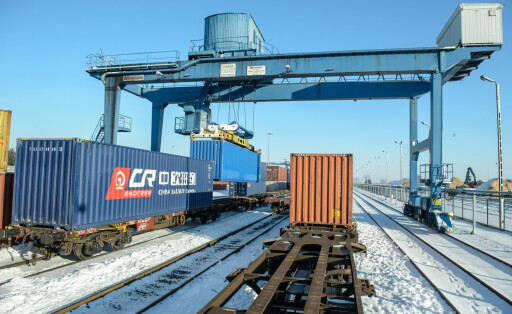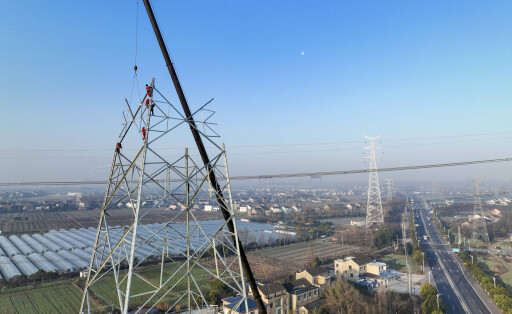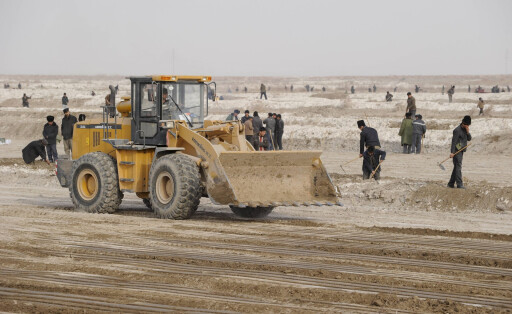
EU summit: Orbán leaves others in the dark
Will Hungary's prime minister give up blocking economic and financial aid for Ukraine? Also up for discussion at the special summit is that the EU will only fulfill its ammunition pledge to Kyiv by the end of the year.
By Till Hoppe









